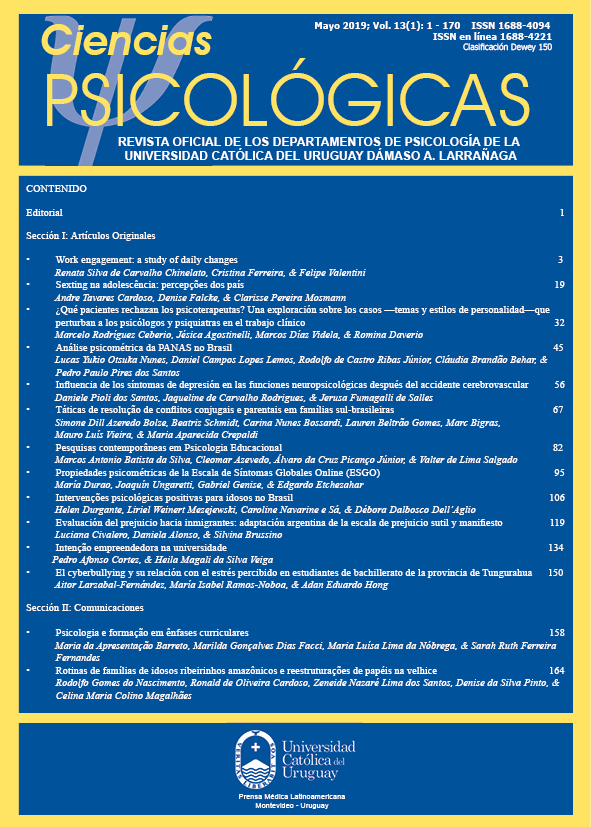Editorial
DOI:
https://doi.org/10.22235/cp.v13i1.1804Abstract
From the Pen to the Mousse
In this edition that has as axis the digital format we have resorted to the repeated expression "from the pen to the mousse" to refer to the great step that scientific publications should give in these times. Digitalization has undoubtedly brought about changes in our behavior, has created new habits or has transformed them to some extent, in addition to producing changes in deeper and more personal aspects such as our beliefs and emotions. When managing a publication in science this implies that the editorial teams must conceive the whole management from another scheme of thought; the final product should be visible in web format and not in the volume and number of paper, with its own rules and standards. Something simple, but not so much, an important change of scheme.
Writing is understood as a technology in itself and before digitalization the phenomenon supposes a new type of multidirectional communicative model. Scientific communication in digital format can give access at different levels, which must be known at very different rhythms from the time of the paper (close example are the Creative Commons Licenses and the various forms of accessibility they entail). This change in the communication model involves, as a major protagonist, a metamorphosis of the corresponding cognitive schema. By visualizing the journal as a whole, we must adapt and reformulate the cognitive processes involved in order to be able to handle ourselves in the new scenario -which quickly becomes more extensive and more complex-. A challenge that goes far beyond the forms, the criteria of publication, the languages and software that must be known, requires a new scheme and carries with it an emotionality that is situated in other vectors and perspectives that are modified more agile and therefore can generate gray areas and insecurities, personal and of the team, which can be reflected in the publication itself.
The scenario outlined is challenging and offers many opportunities that, for those who come from a unidirectional communication model, involves assuming personal and team acquisition in a new way. It requires a stage of transition that should be contemplated in the work plans of the publications and assumed for the changes that must inevitably be made.
Perhaps we should have said "from the Egyptian god Thoth - to whom they attributed the creation of writing - to the digital era." In this phase of Psychological Sciences, in this process of transformation and acceptance of the challenge, the most difficult terrain was the change of the cognitive scheme, the rest is, as always, learning to do, work and hope - this does not change - and to be grateful.
















